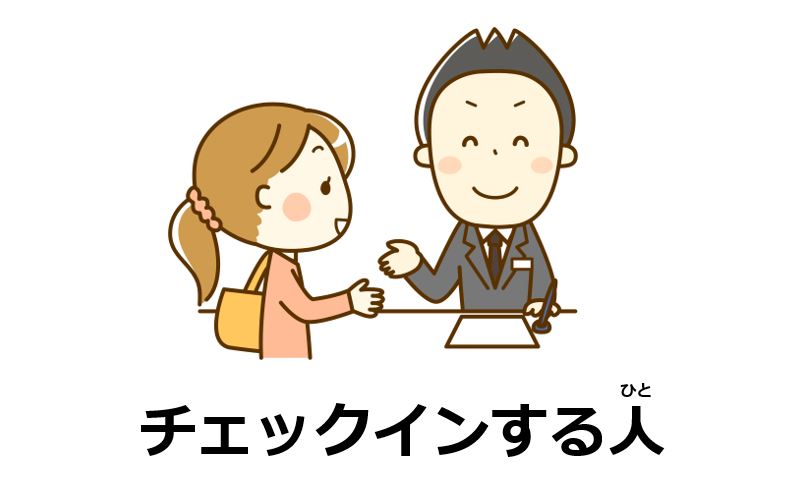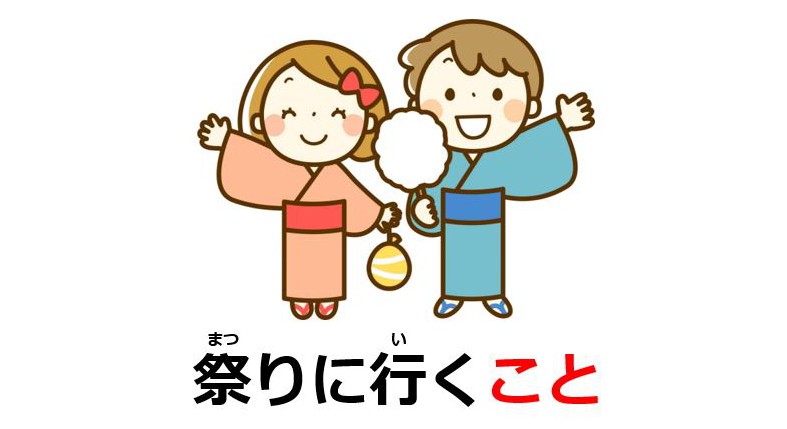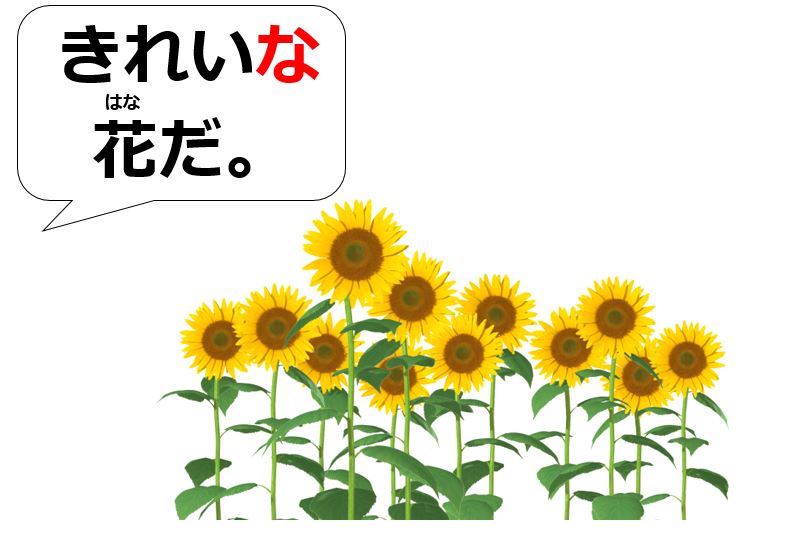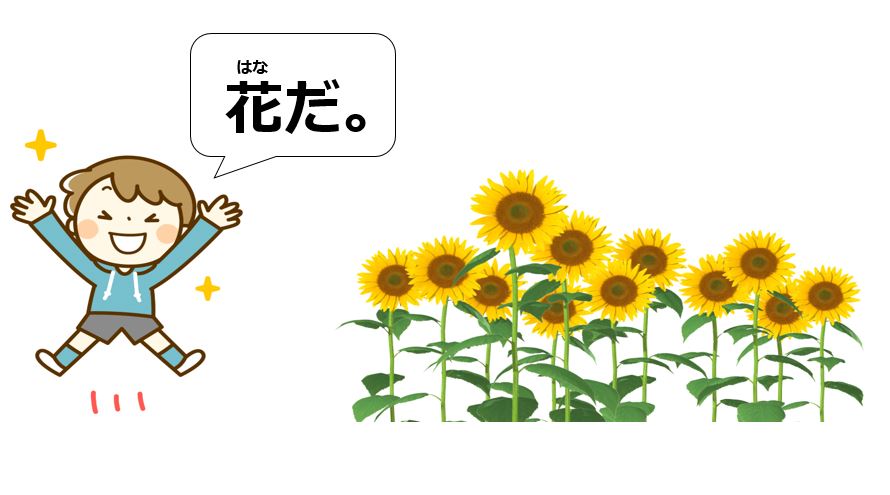Last time, you learned relative clauses in order to give nouns more contexts. Thereby, you can express “Bob will study Japanese” by means of a noun clause: 日に本ほん語ごを勉べん強きょうするボブ (Bob who will study Japanese). Then, what should you do if you’d like to say “Bob will study Japanese very hard?” In this lesson, you will learn […]
Japanese part of speech
Japanese Relative Clauses
Last time, you learned how to nominalize verbs and adjectives and make a noun clause like “私わたしが先生せんせい なの・であること は.” In this lesson, you will take a different approach to express a noun with contexts by using Japanese relative clauses. Explanation for How Japanese Relative Clauses Work Basic Rules of Relative Clauses In Japanese, relative clauses […]
Nominalizers: こと and の
Last time, you learned combined particles like には and にも, and noun phrases like 朝あさから昼ひるまで. In Japanese, you can combine some parts of speech and make them a noun. In this lesson, you will learn how to let verbs and adjectives work as a noun like “doing,” “to do,” and “being….” The Usage of the […]
Japanese Verbs: U-verbs, Ru-verbs and Conjugation
Last time, you learned how to use Japanese adjectives. By utilizing the particle が, which expresses subjects of predicates, you can describe what nouns are like. Now, you will learn how to allow nouns to take an action by using Japanese verbs. In this article, you will learn basic knowledge of Japanese verbs. Conjugation: Japanese […]
Japanese Adjectives with Particle が
Last time, you learned how to express state-of-being with a particular topic like “私わたしは学生がくせいです (I’m a student).” Then, what should you do if you would like to say “I am a young student?” In this article, you will learn how to use Japanese adjectives with the particle が. How to Modify a Noun Using Japanese […]
Japanese Nouns: State-of-Being
When it comes to learning Japanese grammar as a beginner, it is important to understand that Japanese is different from your first language. Try not to apply the rules that your first language has into Japanese. By knowing Japanese grammatical rules step by step, you will certainly be able to construct Japanese sentences in place. […]







